Best movies like The Unburied Man
A unique, carefully handpicked, selection of the best movies like The Unburied Man Starring Jan Nowicki, György Cserhalmi, Marianna Moór, Lili Horvát, and more. If you liked The Unburied Man then you may also like: The Witness, Diary for My Father and My Mother, The Round-Up, The Journey, The Death of Stalin and many more popular movies featured on this list. You can further filter the list even more or get a random selection from the list of similar movies, to make your selection even easier.
One of the doyennes of Hungarian film deals with a dark period of national history: the Soviet regime in Hungary. She portrays it through the fate of the former prime minister and national hero, Imre Nagy. The script is based on the diary written by Imre Nagy, and the memories of his daughter, Erzsébet Nagy, as well as authentic documents and records.
The Unburied Man
You may filter the list of movies on this page for a more refined, personalized selection of movies.
Still not sure what to watch click the recommend buttun below to get a movie recommendation selected from all the movies on this list
Diary for My Father and My Mother
This story follows a young student, who is orphaned as she grows to adulthood in the shadow of the 1956 Hungarian uprising. Coming from the Communist intelligentsia, she sees her friends and family react differently. Her lover, a married factory manager, supports the patriots and later assists fellow workers in staging a strike. Meanwhile her sister and others express anger at being forced from their homes during the revolution and continue to express a hatred for the rebels afterwards. But in the end they realize that for all people, real life is not possible after the revolt and its brutal suppression by the Soviets and their collaborators.
The Round-Up
After the failure of the Kossuth's revolution of 1848, people suspected of supporting the revolution are sent to prison camps. Years later, partisans led by outlaw Sándor Rózsa still run rampant. Although the authorities do not know the identities of the partisans, they round up suspects and try to root them out by any means necessary.
The Journey
A Communist officer falls hard for a married woman trying to escape from Hungary.
The Death of Stalin
When dictator Joseph Stalin dies, his parasitic cronies square off in a frantic power struggle to become the next Soviet leader. As they bumble, brawl and back-stab their way to the top, the question remains — just who is running the government?
Despite the Falling Snow
New York, 1961. Alexander Ivanov, a high-ranked Soviet bureaucrat, reluctantly defects to the West while is part of a diplomatic mission, feeling the grief of being unable to know the fate of his wife Katya, whom he has had to leave behind in Moscow. Only many years later, in 1991, he will finally find out the truth when his niece Lauren travels to Moscow to participate in a painting exhibition.
Diary for My Children
After having lost her parents, young Juli returns from the Soviet Union to her native Budapest. Scarred by the wounds of the past, the ghost of Stalin’s oppression haunts her as she reunites with her aunt and adoptive mother Magda.
Diary for My Loves
A continuation of "Diary for My Children," the film picks up in 1950, when Juli, the diarist, is 18 and determined to become a movie director.
The Cost of Deception
When a young, ambitious market researcher finds out her boss is involved in the leaking of a scandalous Prime Minister speech, she decides to investigate the case to gain a position among the big-shots. Based on actual events.
The Secret Ways
Vienna, 1956. After Soviet tanks crush the Hungarian uprising, soldier-of-fortune Michael Reynolds is hired to help a threatened Hungarian scientist escape from Budapest.
Sunshine
The story of a Jewish family living in Hungary—through three generations—rising from humble beginnings to positions of wealth and power in the crumbling Austro-Hungarian Empire. The patriarch becomes a prominent judge but is torn when his government sanctions anti-Jewish persecutions. His son converts to Christianity to advance his career as a champion fencer and Olympic hero, but is caught up in the Holocaust. Finally, the grandson, after surviving war, revolution, loss and betrayal, realizes that his ultimate allegiance must be to himself and his heritage.
Flowers of Reverie
The seeming hopelessness of combatting an all-powerful government that will not tolerate political dissension is the focus of this excellent historical drama set in the mid-19th century in Hungary. In the opening scenes, Hungary has just lost its bid for independence from Austria and a Magyar officer, unable to bear the tragedy of defeat and what it means, says an affectionate good-bye to his beloved horse and then shoots the animal and himself. Two years later, Ferenc (Gyorgy Cserhalmi) is trying to eke out a living for his wife and her family -- and at the same time avoid any hint of sympathy for Hungarian independence because the Secret Police are everywhere. Just as life seems to be going well, Ferenc's former commanding officer (Lajos Oze) arrives and begins discussing revolution again -- a futile pursuit at this point in time. The next day, Ferenc is thrown into an insane asylum and everyone else is arrested as well.
Hungarian Rhapsody
The movie portrays a peasant revolt in Hungary in the early twentieth century.
The Magnate
This Polish historical drama film traces the fascinating saga of a wealthy, princely Polish dynasty in years 1900-1935.
Man of Iron
In Warsaw in 1980, the Communist Party sends Winkel, a weak, alcoholic TV hack, to Gdansk to dig up dirt on the shipyard strikers, particularly on Maciek Tomczyk, an articulate worker whose father was killed in the December 1970 protests. Posing as sympathetic, Winkel interviews the people surrounding Tomczyk, including his detained wife, Agnieszka.
The Singing Revolution
Most people don't think about singing when they think about revolutions. But song was the weapon of choice when, between 1986 and 1991, Estonians sought to free themselves from decades of Soviet occupation. During those years, hundreds of thousands gathered in public to sing forbidden patriotic songs and to rally for independence. "The young people, without any political party, and without any politicians, just came together ... not only tens of thousands but hundreds of thousands ... to gather and to sing and to give this nation a new spirit," remarks Mart Laar, a Singing Revolution leader featured in the film and the first post-Soviet Prime Minister of Estonia. "This was the idea of the Singing Revolution." James Tusty and Maureen Castle Tusty's "The Singing Revolution" tells the moving story of how the Estonian people peacefully regained their freedom--and helped topple an empire along the way.
The Square
The Square looks at the hard realities faced day-to-day by people working to build Egypt’s new democracy. Cairo’s Tahrir Square is the heart and soul of the film, which follows several young activists. Armed with values, determination, music, humor, an abundance of social media, and sheer obstinacy, they know that the thorny path to democracy only began with Hosni Mubarak’s fall. The life-and-death struggle between the people and the power of the state is still playing out.
Stephen, the King
István, a király ("Stephen, the King") is a Hungarian rock opera written by Levente Szörényi (music) and János Bródy (lyrics), based on the life of Saint Stephen of Hungary. The storyline was based on the play Ezredforduló (Turn of the Millennium) by Miklós Boldizsár, who co-wrote the libretto. The opera was first staged in 1983 on an open-air stage in Budapest. This first performance was also made into a 1984 film, directed by Gábor Koltay, and its music released on an album. The musical became a smash hit and is still very popular in Hungary and among Hungarian minorities in neighboring countries.
Just Like at Home
On his return from America, András simply cannot find his place: he has lost his wife, friends and job, and he cannot even find his way back to his former great love. Eventually, as a surrogate father, he takes in a wild young girl (Zsuzsa Czinkóczi) and a particularly strong bond is formed between these two rootless people. Márta Mészáros’s remarkable movie starring Jan Nowicki and Anna Karina is about displacement, loneliness and attachment.
Darkest Hour
In May 1940, the fate of World War II hangs on Winston Churchill, who must decide whether to negotiate with Adolf Hitler or fight on knowing that it could mean the end of the British Empire.
The Photographer of Mauthausen
Spanish photographer Francesc Boix, imprisoned in the Mauthausen-Gusen concentration camp, works in the SS Photographic Service. Between 1943 and 1945, he hides, with the help of other prisoners, thousands of negatives, with the purpose of showing the freed world the atrocities committed by the Nazis, exhaustively documented. He will be a key witness during the Nuremberg Trials.
Európa messze van
The story starts in Romania in the last years of the Ceaucescu regime. The main character of the film is Petru, a ten-year-old Romanian boy. His world is one of action and dreams but, at the same time, presents an authentic vista of contemporary Central Europe.
Tall Tales
Shortly after the end of World War II, a con man on the run finds himself in a passionate love affair that may well cost him his life.
Milada
The story of communist show-trial victim Milada Horáková. Horáková was one of the first victims of the communist regime in Czechoslovakia. She opposed the communist coup in 1948 but did not leave the country. She was arrested and tried for treason on fabricated charges in a show trial that was broadcast on the radio and shown in film clips. The film focuses on the time from 1945 to 1950 when the communists took over, but also goes back a little further in Horáková's life into the late 1930s
The Silence of Others
The story of the tortuous struggle against the silence of the victims of the dictatorship imposed by General Franco after the victory of the rebel side in the Spanish Civil War (1936-1975). In a democratic country, but still ideologically divided, the survivors seek justice as they organize the so-called “Argentinian lawsuit” and denounce the legally sanctioned pact of oblivion that intends to hide the crimes they were subjects of.
Another Way
Political and sexual repression in Hungary, just after the revolution of 1956. In 1958, the body of Eva Szalanczky, a political journalist, is discovered near the border. Her friend Livia is in hospital with a broken neck; Livia's husband, Donci, is under arrest. In a flashback to the year before, we see what leads up to the tragedy. Eva gets a job as a writer. She meets Livia and is attracted to her. Livia feels much the same, but as a married woman, has doubts and hesitations. In their work, they (and Eva in particular) bang up against the limits of telling political truths; in private, they confront the limits of living out sexual and emotional truth.
The Brigand
Carlos Delargo, the banished son of a royal princess of Mandorra, is returned to the kingdom to be tried for a murder change. However, he is freed by King Lorenzo, whom bears a remarkable resemblance to Delargo. When the king is wounded by assassins sent by Napoleon, Delargo takes over the throne at the request of the Prime Minister in a plot to thwart the traitors. He also falls in love with Princess Teresa, the king's fiancée.
Russia 1917: Countdown to Revolution
Russia, 1917. After the abdication of Czar Nicholas II Romanov, the struggle for power confronts allies, enemies, factions and ideas; a ruthless battle between democracy and authoritarianism that will end with the takeover of the government by Vladimir Lenin and the Bolsheviks.
How to Stage a Coup
A guide to human history through its most audacious power grabs. From Julius Caesar to Napoleon; from Mussolini to the strongmen of the present day - we see how the world we know has been shaped by those who dream big.
Children of Glory
Children of Glory will commemorate Hungary's heroic Revolution of 1956, and takes place in Budapest and at the Melbourne Olympic Games in October and November of that year. While Soviet tanks were destroying Hungary, the Hungarian water polo team was winning over the Soviets in the Olympic pool in Melbourne, in what has been described as the bloodiest water polo match in history.
Ether
At the end of the 19th century, somewhere in the outskirts of the Russian Empire, a doctor administers a lethal overdose of ether to a young woman – the object of his desire. After getting away with his crime, he finds employment in a fortress, where he continues his experiments with ether to manage pain and manipulate human behaviour. Despite his evilness, it is not too late for his soul to be saved from eternal damnation…
80 Hussars
The film tells the story of a regiment of Hungarian hussars stationed in Poland. The hussars, mostly ordinary men, have heard news of the uprising and wish to return to the homeland to defend the newly independent country. The Empire, on the other hand, is firmly resolved that all Hungarian troops in the imperial army should be kept as far away from the trouble spot as possible, knowing that most soldiers would be loyal to Budapest rather than Vienna.
Riddance
Jutka, a young woman who works in a factory, falls in love with Andras, a university student. She pretends to be a student, to him and to his parents, and begins to live a lie. Finally she rebels against Andras and his demands and the social conventions that forced her to live a lie.
Allegro Barbaro
Zsadányi flees from the authorities with his goddaughter, Bankós Mari, and they escape into the forest. The film then skips ahead thirty-fold years: Zsadány and Mari are now lovers, with the sound of war in the background halting their romance. The old friends of Zsadányi have joined with the Nazis, and the landowner living with his peasants in a socialist community grows distant from them. Zsadányi is held responsible for political problems in the country, and will pay with his life.



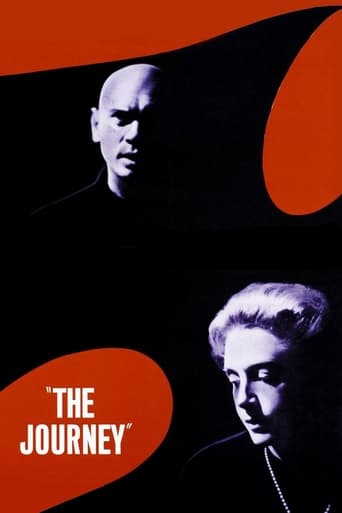
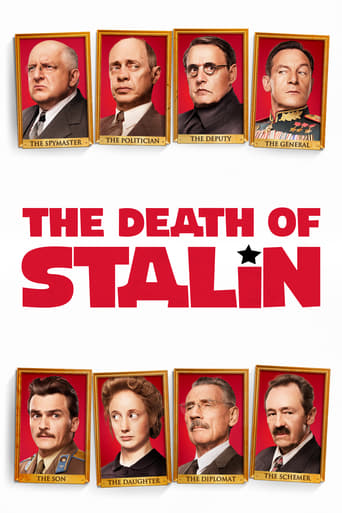





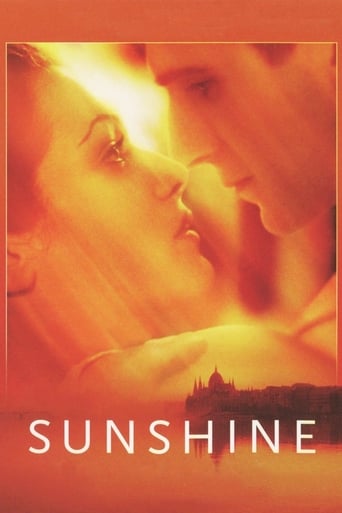








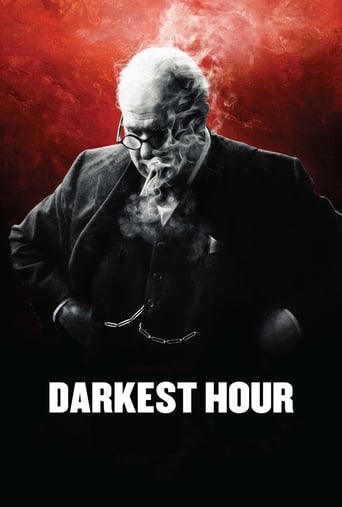




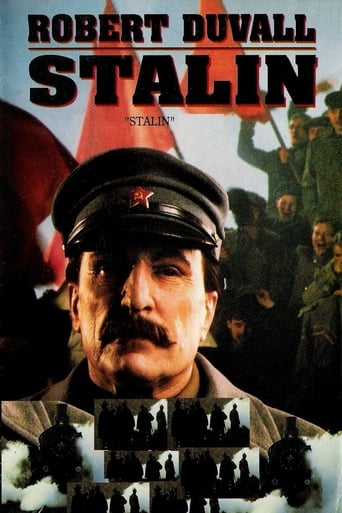











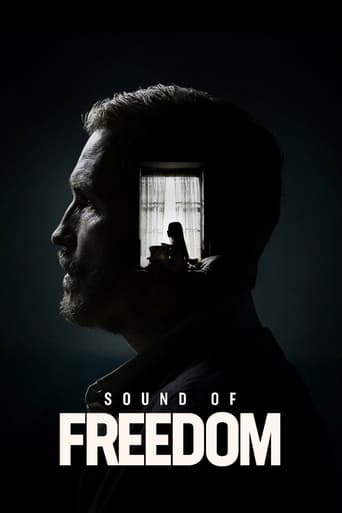
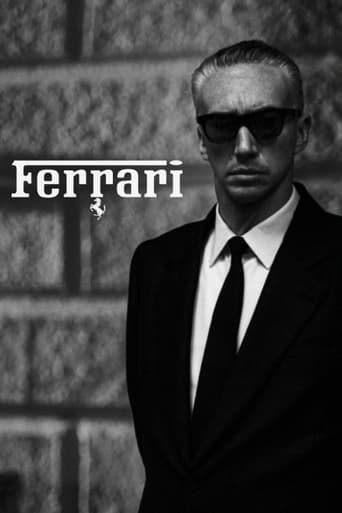
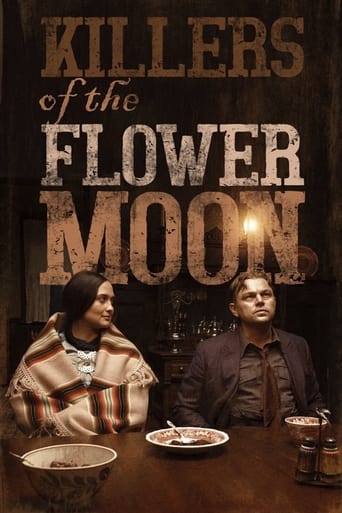
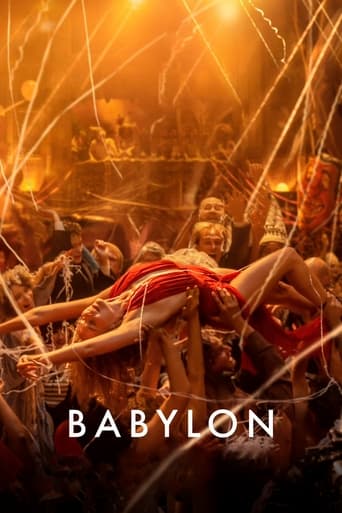
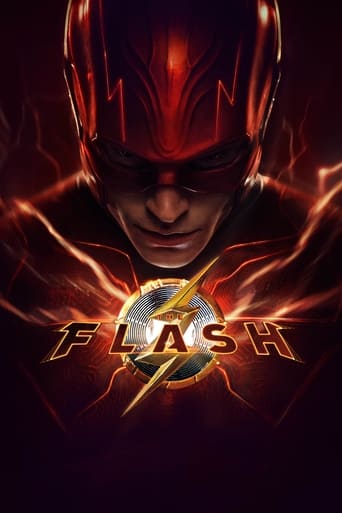
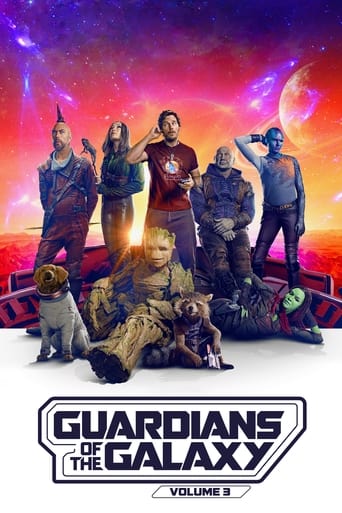

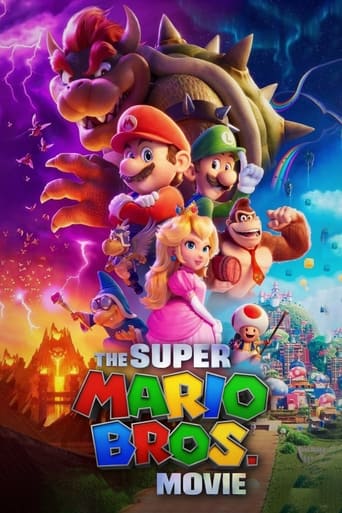
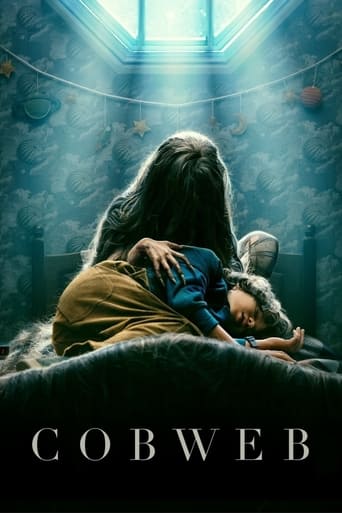
The Witness
Hungary, 1950s. József Pelikán, who works as a dam keeper on the Danube, meets by chance Zoltán Dániel, an old friend whom he saved from death years before and who is now a powerful politician.